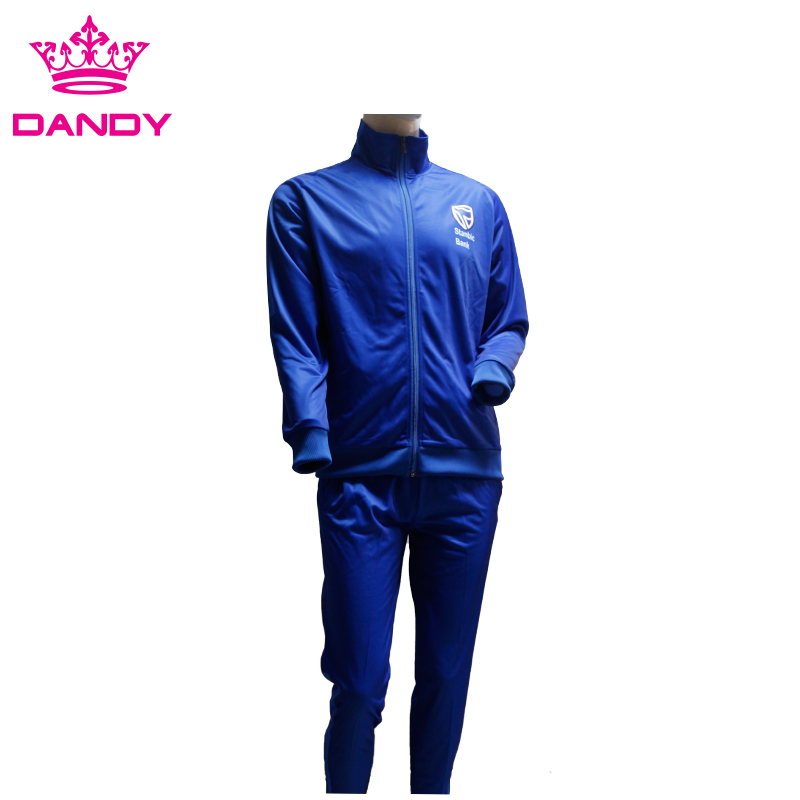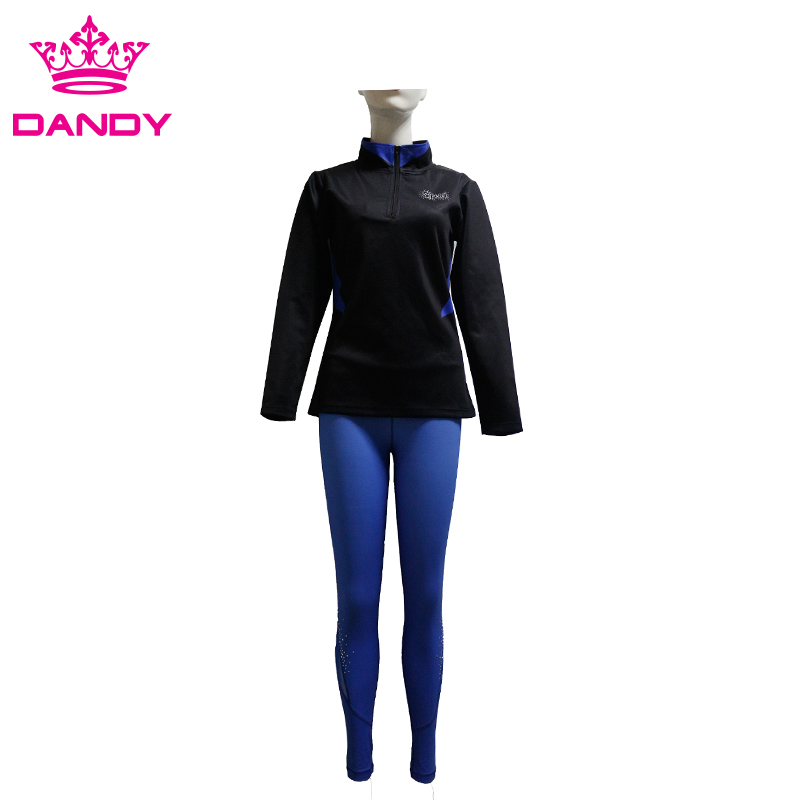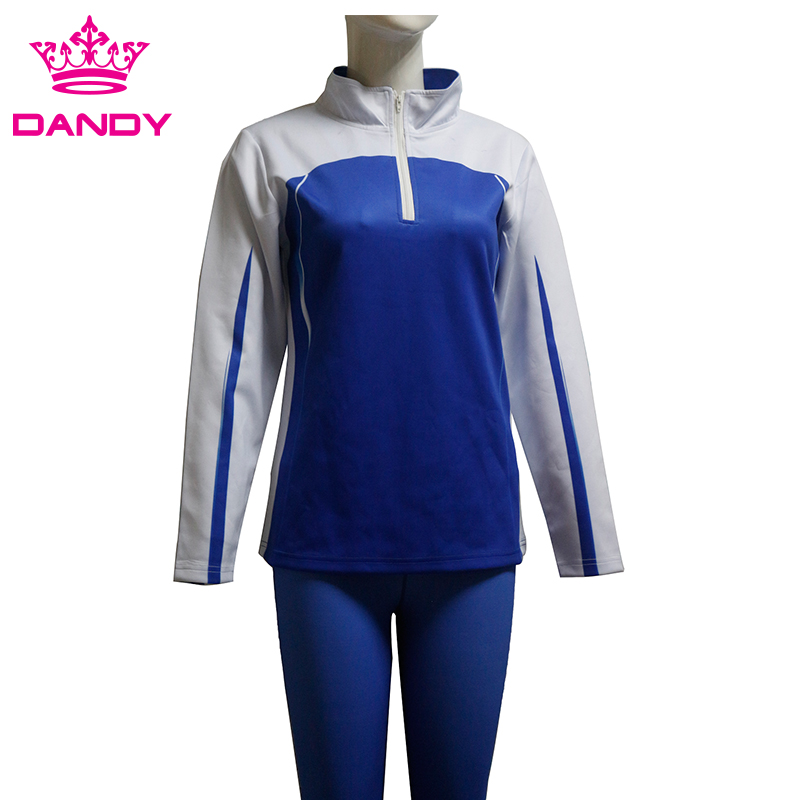Not long ago, the Legislative Affairs Office of the Institute held two seminars in Beijing: one focused on "managerial concentration" and the other on foreign-funded enterprises. The events brought together 10 major industrial associations, including those in machinery, automobiles, light industry, and steel, as well as five international companies such as General Motors and Microsoft (China). During the discussions, Zhou Kai, vice president of the China Machinery Industry Federation, highlighted key challenges facing the machinery sector.
Zhou emphasized that the Chinese machinery industry is currently fragmented and lacks sufficient concentration, which hinders its ability to compete with global multinational corporations. He pointed out that the industry is highly competitive and traditional, but its main issue lies in the lack of consolidation. No single company has the power to create a monopoly, so the entire industry must work over a long period to increase concentration before it can effectively compete internationally. This is due to the wide variety of mechanical products, making it difficult for even large enterprises to dominate specific market segments.
He also stressed that while the "Anti-Monopoly Law" should support the growth of industry concentration, it must not hinder it. If overly strict enforcement suppresses consolidation, it could slow down the development of the machinery industry. In addition, Zhou identified three major areas where monopolies most significantly impact the sector: upstream resource monopolies, user monopolies, and foreign capital monopolies.
Regarding the "concentration of managers" report, Zhou proposed three key suggestions. First, he recommended using market share as the primary indicator for declaring concentration, as it better reflects a company's dominance. However, this requires stronger statistical capabilities. As an alternative, sales targets could be used, though they need to be set differently for various industries to avoid misinterpretation.
Second, he called for greater oversight of foreign investments and mergers. When an acquisition might lead to excessive market concentration, anti-monopoly authorities should consult with government departments and industry associations before making decisions, possibly through hearings.
Finally, Zhou urged the full utilization of industry associations in anti-monopoly efforts. These associations are closer to businesses and can provide valuable insights into industry trends. By analyzing economic conditions and monitoring potential monopolistic behaviors, they can help enforce regulations more effectively and contribute to informed decision-making by law enforcement agencies.
Training Tracksuits
Guangzhou Dandy sporting goods Ltd which is located in Guangzhou city, China, is a professional manufacturer specializing in producing and creating sportswear based on clients` requirement. We have our own factory and office. It occupied more than 500 square metres and have more than 150 employees. We mainly handle export of garments from cheer uniforms, leotards, soccer kits, rugby kits, basketball kits, tracksuit and other practice wears for more than five years with high quality but competitive price. With importing machines, ink, crystals, etc. , we did specialize in sublimated sportswear and all stars dance wears. Moreover, we provide OEM/ODM service for each clients with custom design, color, size fabric, etc. With rapid respond, cost effective and high quality jerseys and professional recommendation on apparels we have a strong customer base. With the solid production, rich experience and advanced manufacturing process, we had previously cooperated with many brands and clients from all over the world.
Tracksuits/hoodies/jackets: It's made from polyester and spandex/cotton/nylon. The prices depend on the quantity and fabric to need.



Training Tracksuit,Sublimation Tracksuit,Custom Tracksuits,Sublimated Tracksuit
Guangzhou Dandy Sporting Goods Ltd , https://www.dandysportswear.com


